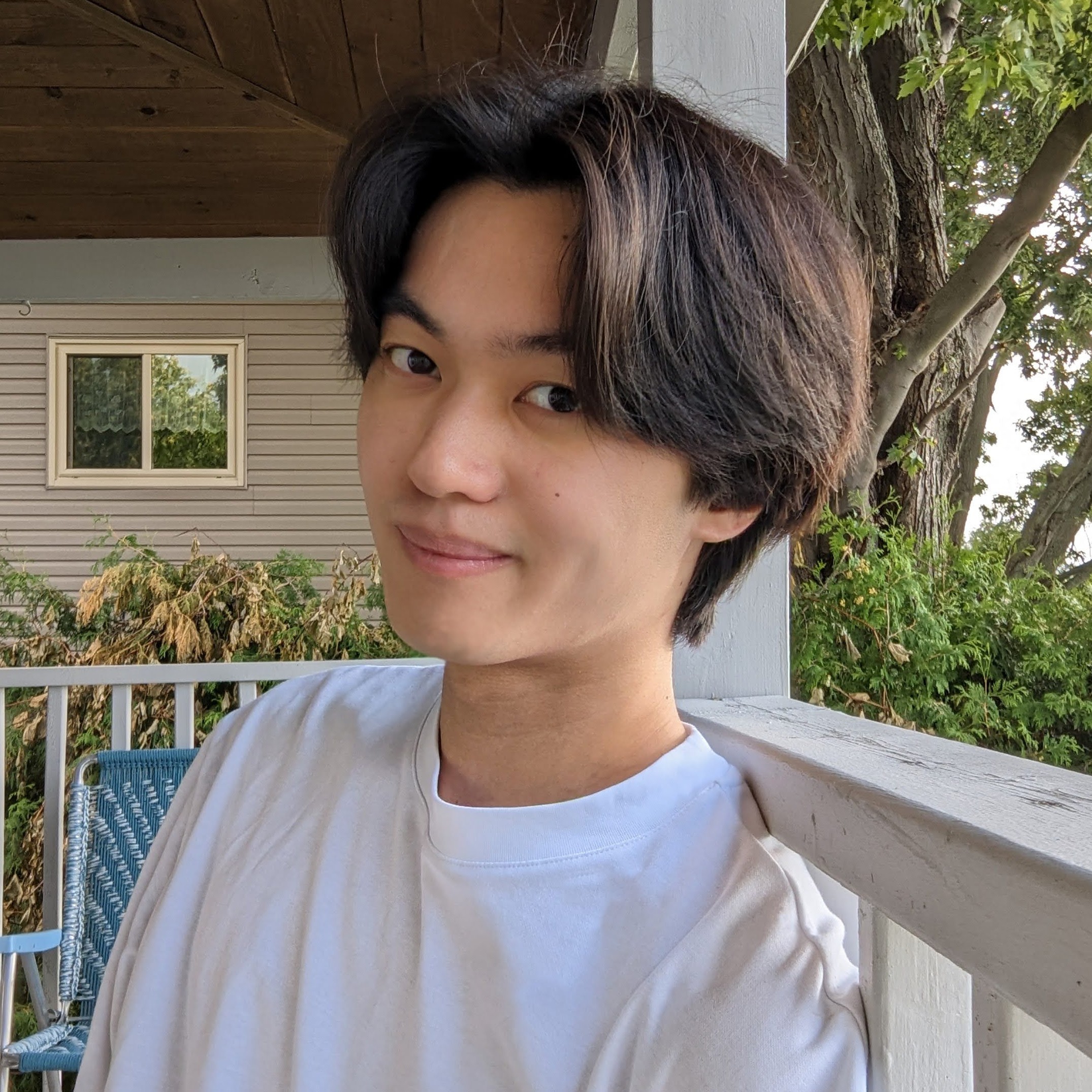About This Project
The development of cultivated seafood requires identifying and isolating specific cell types. Cell sorting with specialized antibodies is pivotal in this process. This entails the design of antibodies tailored to specific cell surface receptors. This pilot project on killifish aims to generate a single-cell multi-omics dataset for analysis, identifying cell types and surface receptors. Cultivated seafood could potentially reduce global fishery/aquaculture carbon emissions by 68%.
Ask the Scientists
Join The DiscussionWhat is the context of this research?
The development of cultivated seafood requires isolating certain cell types, such as muscle satellite cells, to study their behaviors in-depth and optimize their growth conditions. A common method to isolate cells is using fluorescence-activated cell sorting (FACS) which uses special antibodies. The development of antibodies is protein engineering. We want to know what cell-specific surface receptors exist for fish - a piece of knowledge that is missing so far. Inspired by a single-cell omics approach done on bovine muscle cells, we wish to do a pilot study on KFE-5, an embryonic myoblast killifish cell line we have access to. This will de-risk the idea and open up the way for antibody development for more important fish species.[1]
What is the significance of this project?
Successful implementation of cultivated seafood will reduce global fishery & aquaculture emissions by 68% or about ~383.52 million tonnes of CO2-equivalent GHGs per year. [2]
Our project sets the foundation for cultivated meat production for more commercially valuable species. The long-term plan we have will lead to advancement in cultivated meat of rainbow trout, common carp, and walleye. The emissions reduction will be equivalent to 17.22 million tonnes of CO2-equivalent GHGs per year.[3]
According to the Good Food Institute, current efforts to advance cultivated seafood have been slow due to “the lack of species-specific research tools, including antibodies for commonly-used cell type markers and fully-annotated genome sequences”. Our project will address these fundamental gaps.
What are the goals of the project?
The long-term goal is the large-scale production of fish meat of commercially valuable species in facilities. For that to even be possible, one crucial component is knowledge of optimized growth conditions of fish cells and optimized media. In order to know this, we need to understand what cell types we’re working with and their growth behavior in vitro. The isolation of cell types uses FACS sorting which would need antibody design. This would require knowledge of different cell surface receptors on specific types of cells since that is antibodies they bind to. Our project’s goal is a proof-of-concept experiment on killifish to generate a scRNA/scATAC-seq dataset and identify cell types and surface receptors through bioinformatics analysis.
Budget
In solution statement
 Project Timeline
Project Timeline
The remainder of 2023 will be used to gather funding. Ideally, the project will commence in January 2024. Running two killifish culturing experiments should take 24 days. The genomic facility we will send to for sequencing has a turnaround time of 2-3 weeks. The bioinformatics analysis is the most variable timewise especially if extensive data processing is needed. By June 2024, we hope to complete our bioinformatics analysis and look to start open-sourcing our data, models, and methods.
Jan 08, 2024
Project start
Jun 30, 2024
Finish analysis. Start releasing models, datasets, and reports. Start preparing for official publication.
Meet the Team
Team Bio
We are a team of 7 people from the University of Waterloo and Wilfrid Laurier University working on cultivated seafood alternative protein research. Together, we have expertise in molecular biology, antibodies, fish cell line development, computational biology and modeling, software engineering, and bioinformatics.
Kevin Shen
As an undergraduate student in computer science at the University of Waterloo, Kevin has 8+ years of software engineering, data science, and bioinformatics experience. He has built computer vision models for automating tumor delineation for radiotherapy at the University Health Network, led open-source machine-learning projects at Weights & Biases, and worked on product reliability engineering at Palantir. Most recently, he helped construct sequencing data analysis pipelines for a microbiology lab at the University of Waterloo.
https://www.linkedin.com/in/kevinkwshen/
Brian D
As a professor of Biology and Research Chair in Fish and Environmental Immunology at the University of Waterloo, Dr. Dixon’s work focuses on fish immunity and the influence of environmental factors, such as antimicrobial peptides, the development of diagnostic assays for assessing fish health status, and applying fish immunology research, to improve aquaculture production worldwide. He has developed several cell lines and over 40 antibodies to fish immune and stress molecules, with several commercially available through Cedarlane Laboratories. He has published over 150 papers and book chapters and over 280 conference presentations, is the Co-editor-in-chief of both Developmental and Comparative Immunology, and Fish and Shellfish Immunology Reports, and was given a 2014 Natural Sciences and Engineering Research Council of Canada Synergy award for collaboration with the aquaculture industry.
https://uwaterloo.ca/biology/profile/bdixon
Nathan Vo
As a professor at Wilfrid Laurier University, Dr. Vo has 15+ years of experience in establishing/characterizing primary/immortalized cell cultures from numerous organ systems from over 20 fish species, including trout, carp, walleye, and killifish. To date, he has created over 40 fish cell lines, including the first myogenic cell line ever established for fish (embryonic myoblast cell line KFE-5), from killifish. He has served as an advisor/consultant for two cultivated seafood startups, and Cell Ag Tech.
Rikard Saqe
As an undergraduate in computer science and biology at the University of Waterloo, Rikard has 2+ years of computational biology experience analyzing omics data. He has built key drug discovery pipelines for a clinical-stage biotech company, wrote a research paper on applying GNNs to transcriptomics, transformed raw omics data into an integrated analysis platform in an academic lab via transfer learning/NLP, and has worked with protein sequence to structure prediction models.
Additional Information
Sources
[1] Why did we select killifish and not immediately start on a more “important” species?
Killifish is considered a model organism used in research and we will benefit from a simpler genome/biology, and more literature/resources available. Furthermore, one of the main collaborators on our team, Dr. Nguyen Vo, engineered the cell line we’re using, KFE-5 (the first continuous fish myogenic cell line ever made). Therefore we will benefit from his direct expertise and this will streamline our cell culturing process. Working with killifish will let us identify the unique challenges of fish cell proliferation/differentiation. This approach was recommended by many of our collaborators/advisors who all strongly suggested doing a cost-effective proof-of-concept on a simpler/more accessible species before moving on to more complex species. Having a proof-of-concept will essentially de-risk the project, pave the way for more funding, and give us an opportunity to pivot in case of failure. We don’t need to physically develop the antibodies for killifish muscle cells - we just need to show that the foundational information required for antibody development in fish can be obtained! That being said, should our killifish project be successful, we plan to replicate our research on three commercially valuable species: trout (Oncorhynchus mykiss), carp (Cyprinus carpio), and walleye (Sander vitreus), this time with the goal of actually developing antibodies to isolate muscle-related cells in these species.
[2] See “Climate impact justification” lab note point #2 for justification.
[3] See “Climate impact justification” lab note point #3 for justification.
Project Backers
- 0Backers
- 0%Funded
- $0Total Donations
- $0Average Donation



